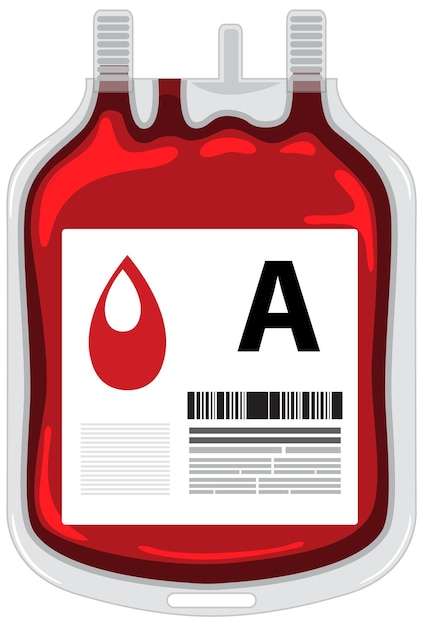O+ Blood Type Facts

O+ blood type is the most common blood type worldwide.
People with O+ blood type are considered universal donors.
O+ blood type can be transfused to patients with any positive blood type.
O+ blood type is compatible with both O+ and O- blood types.
People with O+ blood type have a lower risk of developing pancreatic cancer.
O+ blood type is associated with a reduced risk of kidney stones.
O+ blood type may be more resistant to certain types of infections.
O+ blood type individuals have a lower risk of developing cardiovascular diseases.
People with O+ blood type are more likely to have a positive outlook on life.
O+ blood type individuals may have a higher tolerance for physical exercise.
O+ blood type individuals are more prone to having a higher metabolism.
O+ blood type may be linked to a decreased risk of developing stomach ulcers.
People with O+ blood type have a higher chance of being right-handed.
O+ blood type individuals may be more adaptable to change.
O+ blood type is associated with a lower risk of developing blood clots.
O+ blood type individuals may have a stronger immune system.
People with O+ blood type are more likely to have positive pregnancy outcomes.
O+ blood type individuals are more prone to being optimistic and resilient.
O+ blood type may be connected to a decreased risk of cognitive decline.
People with O+ blood type may have better overall mental health.
O+ Blood Type Facts part 2
O+ blood type individuals are more likely to have a longer life expectancy.
O+ blood type is associated with a lower risk of developing age-related macular degeneration.
O+ blood type may have a positive influence on fertility and reproductive health.
People with O+ blood type have an increased resistance to certain viruses.
O+ blood type individuals may have a better response to vaccinations.
O+ blood type is less likely to be affected by autoimmune disorders.
People with O+ blood type have a lower risk of developing certain cancers.
O+ blood type individuals may have a higher pain tolerance.
O+ blood type is often associated with leadership qualities.
People with O+ blood type are more likely to be blood donors.
O+ blood type individuals may have a better sense of smell.
O+ blood type is less prone to blood-related disorders such as hemophilia.
People with O+ blood type have a greater likelihood of being blood type O+.
O+ blood type individuals are more likely to have a favorable response to stress.
O+ blood type is associated with a lower risk of developing asthma.
People with O+ blood type may have a better ability to metabolize caffeine.
O+ blood type individuals are more likely to have a positive body image.
O+ blood type is connected to a lower risk of developing gallstones.
People with O+ blood type have a higher susceptibility to mosquito bites.
O+ blood type individuals may have a better balance of gut bacteria.
O+ blood type is associated with a reduced risk of developing multiple sclerosis.
People with O+ blood type have a higher chance of being organ donors.
O+ blood type individuals are more likely to have a higher income level.
O+ blood type may be linked to better overall fertility rates.
People with O+ blood type have a distinctive ability to adapt to changing environments.